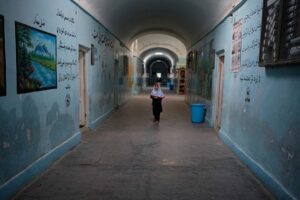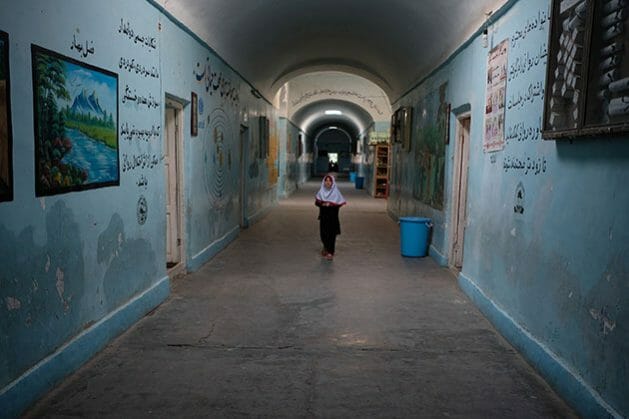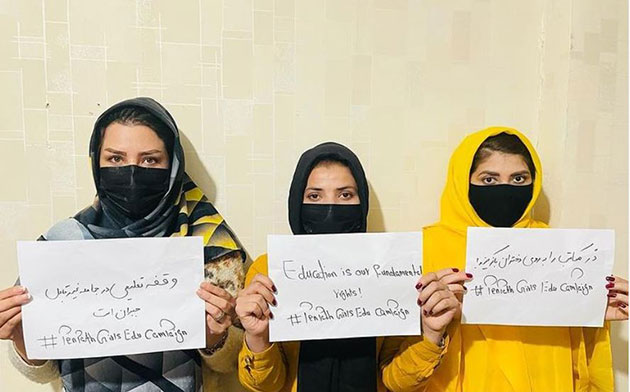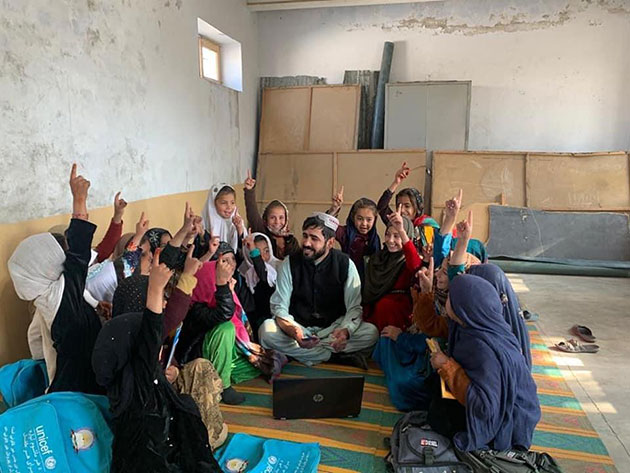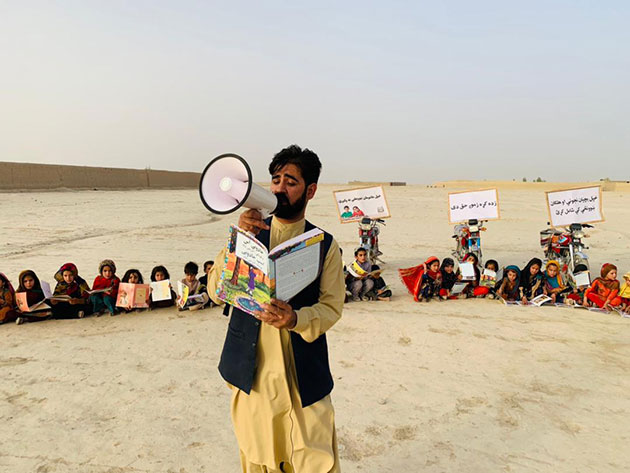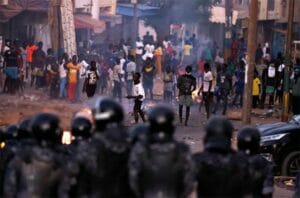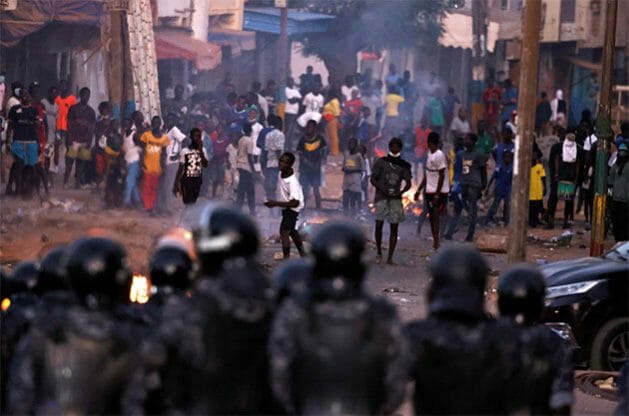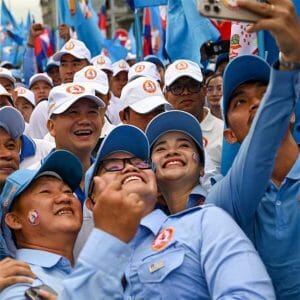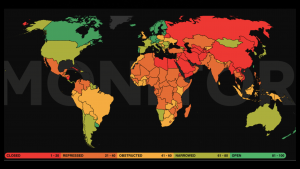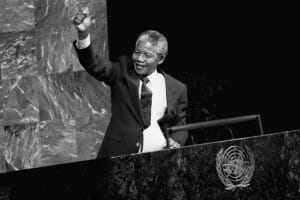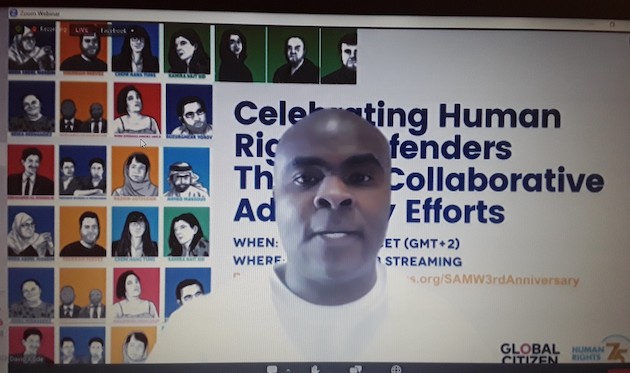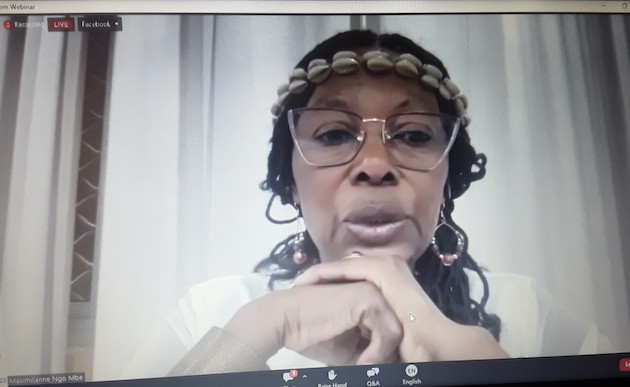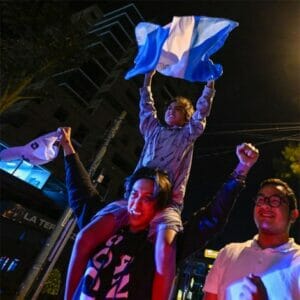
Civil Society, Crime & Justice, Democracy, Featured, Headlines, Latin America & the Caribbean, Press Freedom, TerraViva United Nations
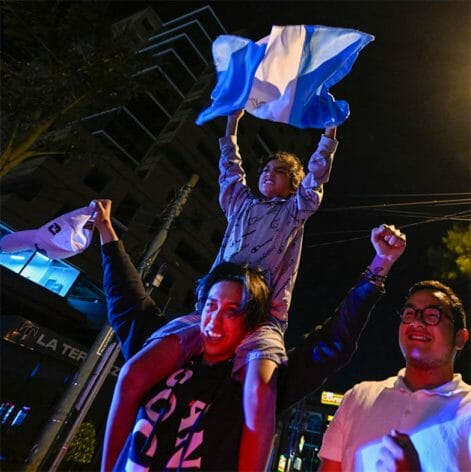
Credit: Luis Acosta/AFP via Getty Images
– On 20 August, Guatemala witnessed a rare event: despite numerous attempts to stop it, the will of the majority prevailed. Democracy was at a dramatic crossroads, but voters got their say, and said it clearly: the country needs dramatic change and needs it now.
Bernardo Arévalo, leader of the progressive Movimiento Semilla (Seed Movement), born out of 2015 anti-corruption protests, is now Guatemala’s president-elect. All-night street celebrations erupted as early results were announced. It was a once-in-a-lifetime occurrence: politics bringing joy rather than disappointment to Guatemalans.
But renewed attempts to prevent change can be expected. What Guatemalans expect from Arévalo is a morally competent government that will bring about genuine democracy – a government looking out for the public rather than self-serving elites. The unprecedented seriousness of Arévalo’s promise is reflected in the fear his rise has fuelled among the beneficiaries of the current authoritarian kleptocracy.
A blatant manipulation of judicial institutions after the first round of voting on 25 June failed to prevent Arévalo competing in the runoff – but now the attempt is to stop his inauguration. Following the runoff, the Public Prosecutor made yet another attempt to have Semilla suspended.
The stakes are so high that an attempt to stop change by force can’t ruled out. An assassination plot involving state and non-state forces came to light days before the runoff.
For security reasons, Arévalo couldn’t address the crowds celebrating on election night. On 24 August, the Inter-American Commission on Human Rights granted precautionary measures to Arévalo and vice-president-elect Karin Herrera, giving the state 15 days to report back on the adoption of additional measures – both already have state-issued security – to protect their physical integrity.
Guatemalans are counting the days to the inauguration of their new government, scheduled for 14 January 2024. But their hope is mingled with uncertainty and fear.
An election surprise and its aftermath
The collective mood on 20 August couldn’t have been more different from that on 25 June, when first place in the first round went to invalid votes.
The run-up to the June vote had been marked by further deterioration of civic space and the restriction of the choice on offer through the disqualification of several contenders, including the candidate first in the polls, conservative business leader Carlos Pineda Soa. But Arévalo wasn’t on the radar of opinion polls and no one saw him coming. In a very fragmented vote, his 12 per cent put him in the runoff. The frontrunner, with 16 per cent, was a political insider, former first lady Sandra Torres of the National Unity of Hope (UNE).
The establishment rightfully feared Arévalo because he didn’t seem the kind they could easily bring into the fold. A progressive academic and a member of Congress since 2020, he promised to bring back the numerous justice officials in exile and resume the fight against corruption ended by his predecessors.
The fact that he could become Guatemala’s next president made the 25 June election results an instant object of contention. Nine parties, including UNE, submitted complaints about supposed ‘irregularities’ that had gone undetected by all international observers. Their supporters converged outside the Supreme Electoral Tribunal (TSE).
In what was denounced as an attempted ‘electoral coup’, the Constitutional Court ordered a recount and instructed the TSE to suspend certification of results. The TSE eventually endorsed the results two weeks later, on 12 July.
But in the meantime, the Attorney General, an official under US corruption sanctions, spearheaded an onslaught of judicial harassment against Arévalo. She launched an investigation of Semilla for alleged registration irregularities and had its offices raided. She twice ordered raids on TSE offices too. And just as the TSE announced Torres and Arévalo as the runoff competitors, she ordered Semilla’s suspension. The Constitutional Court however blocked this order.
Citizens defend democracy
The European Union and the Organization of American States, both of which had observation missions, took a strong stance. Domestic condemnation of the attempt to twist the results was also voiced by groups ranging from leading business associations to Indigenous authorities. But the starring role was played by citizens who spent weeks on the alert to ensure that Arévalo wasn’t kicked out of the runoff.
Large-scale peaceful demonstrations were repeatedly held in Guatemala City and departmental capitals, overwhelmingly led by young people. They were vocally nonpartisan, making clear that they were marching not for Arévalo or Semilla, but for the future of democracy.
On election day, this translated into a clear victory for the change candidate: Arévalo took 58 per cent of the vote, compared to Torres’s 37.2 per cent. The election saw strong participation by young, educated, urban voters, many voting for the first time.
An uncertain future
Once he takes office Arévalo will face a tough time fulfilling his promises, not least because the June election produced a highly fragmented Congress in which Semilla will have only 23 of 160 seats.
But the urgent question now is what lengths deeply entrenched elites will go to to try and stop Arévalo taking office. Torres hasn’t conceded defeat. Instead, she’s cried foul and accused the five TSE magistrates of ‘breach of duties and abuse of authority’.
Meanwhile the Attorney General and her right-hand man, a prosecutor who has made a career of protecting the powerful and persecuting the press, continue the ‘investigation’ through which they seek to shut Semilla down. People have responded by continuing to demonstrate outside the Attorney General’s office demanding her resignation.
Guatemala is living a unique moment, an opportunity that many didn’t think they’d ever see. But it’s also an uncertain time. Guatemala must walk carefully into the future, one step at a time, resisting the onslaught, judicial or otherwise, to get the president-elect to Inauguration Day.
People have made it clear they’re ready to take to the streets in numbers to defend what they’ve achieved. And they’ll need to both support and hold to account the new government for the mission it’s been entrusted with: that of restoring the substance of democracy.
Inés M. Pousadela is CIVICUS Senior Research Specialist, co-director and writer for CIVICUS Lens and co-author of the State of Civil Society Report.

